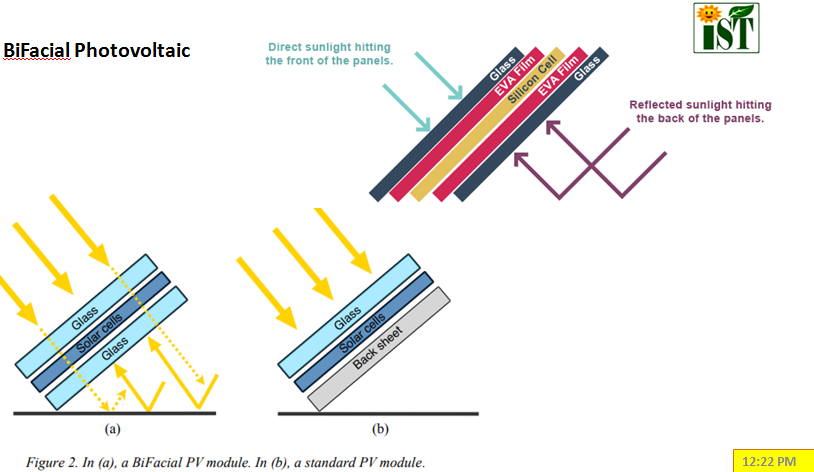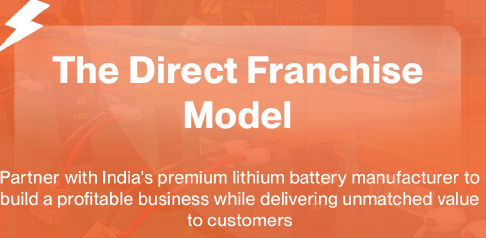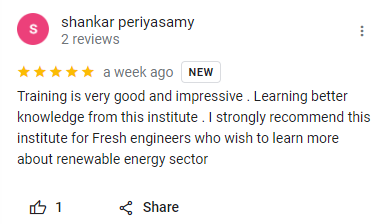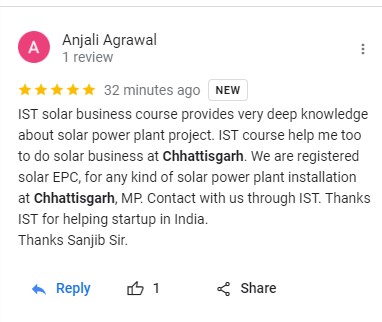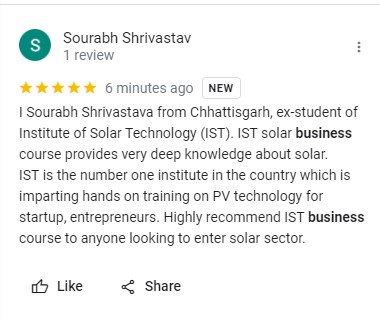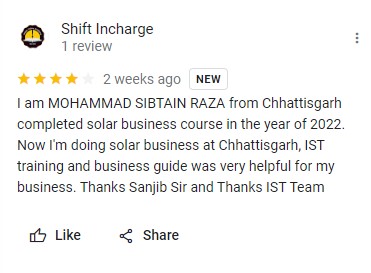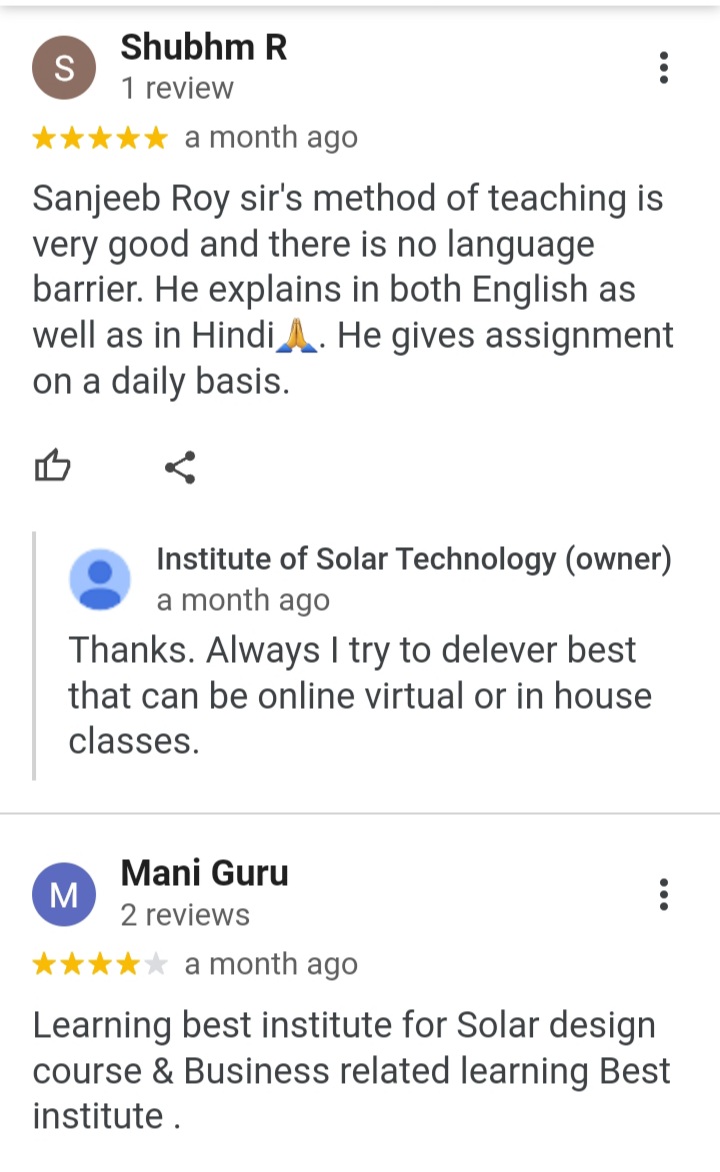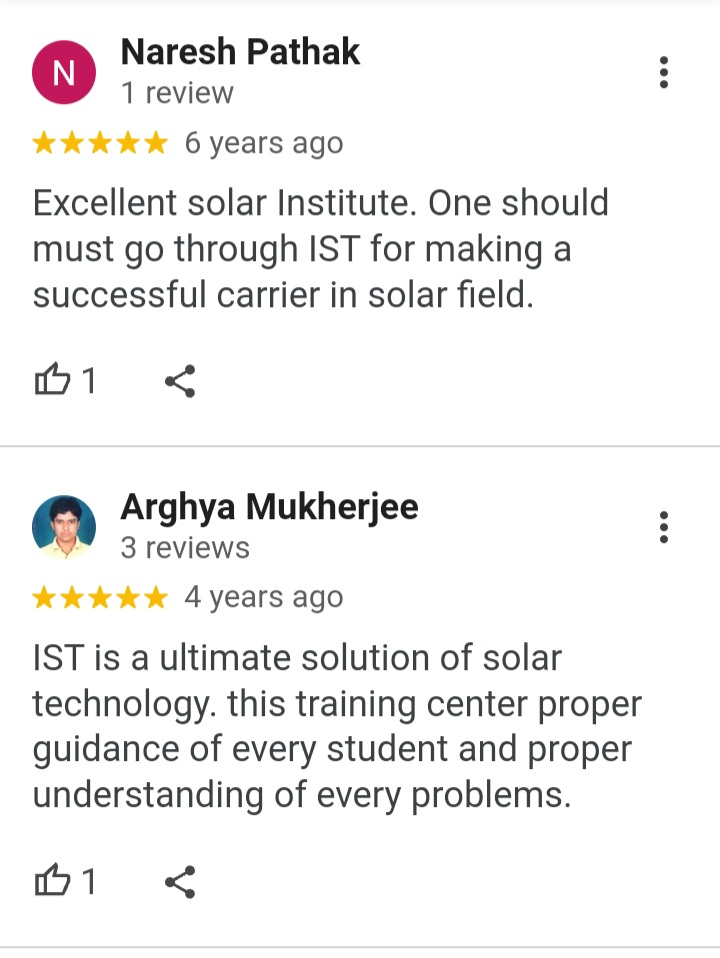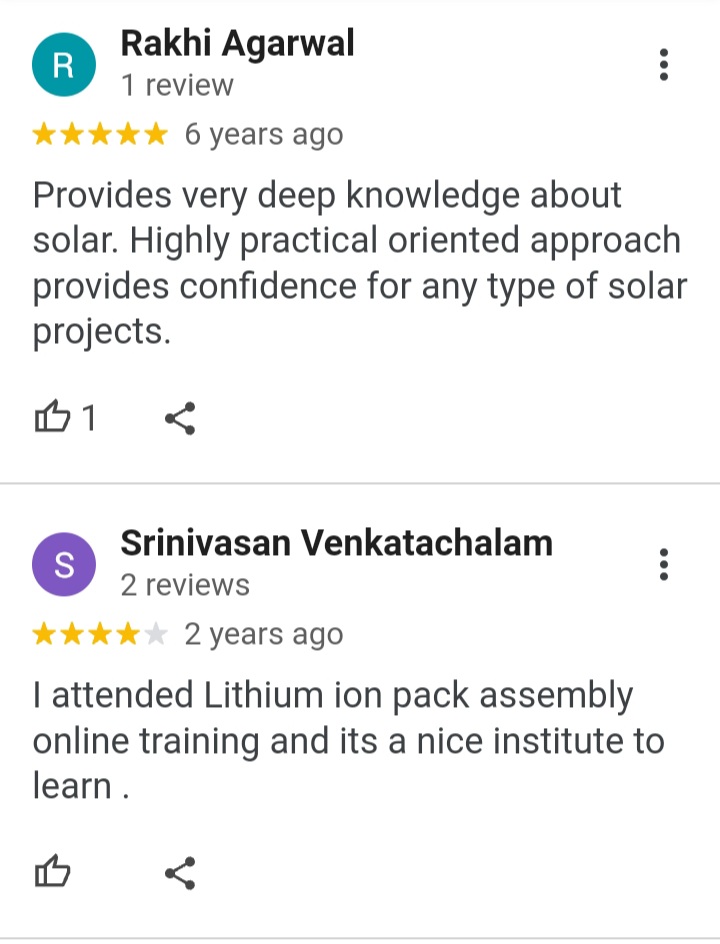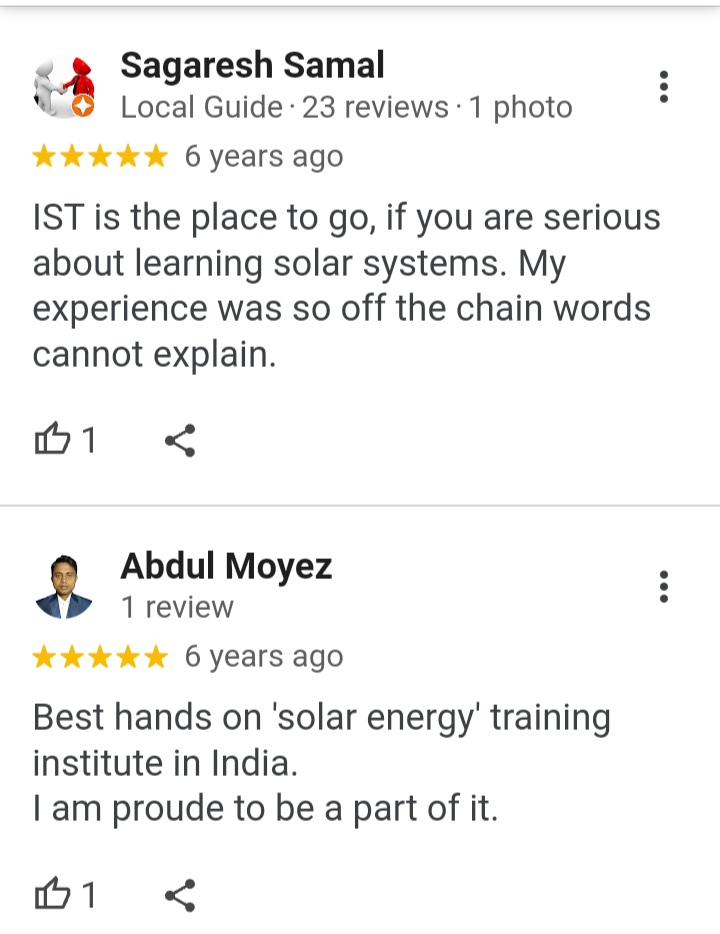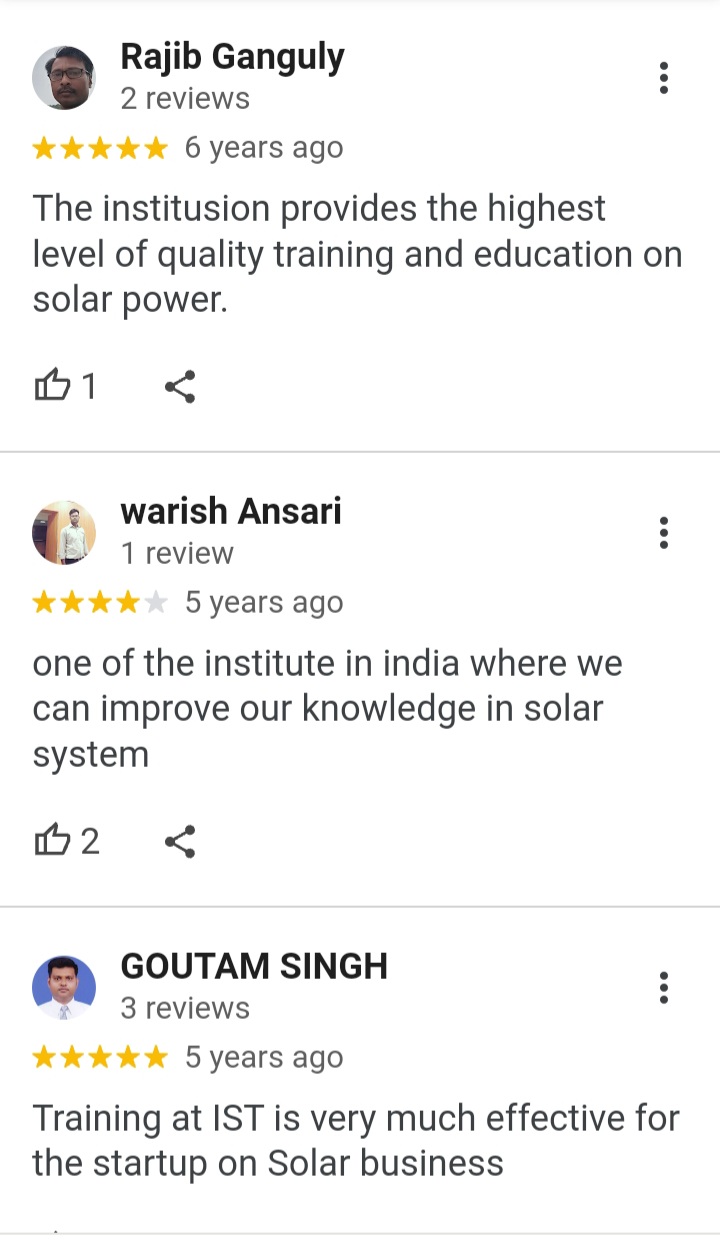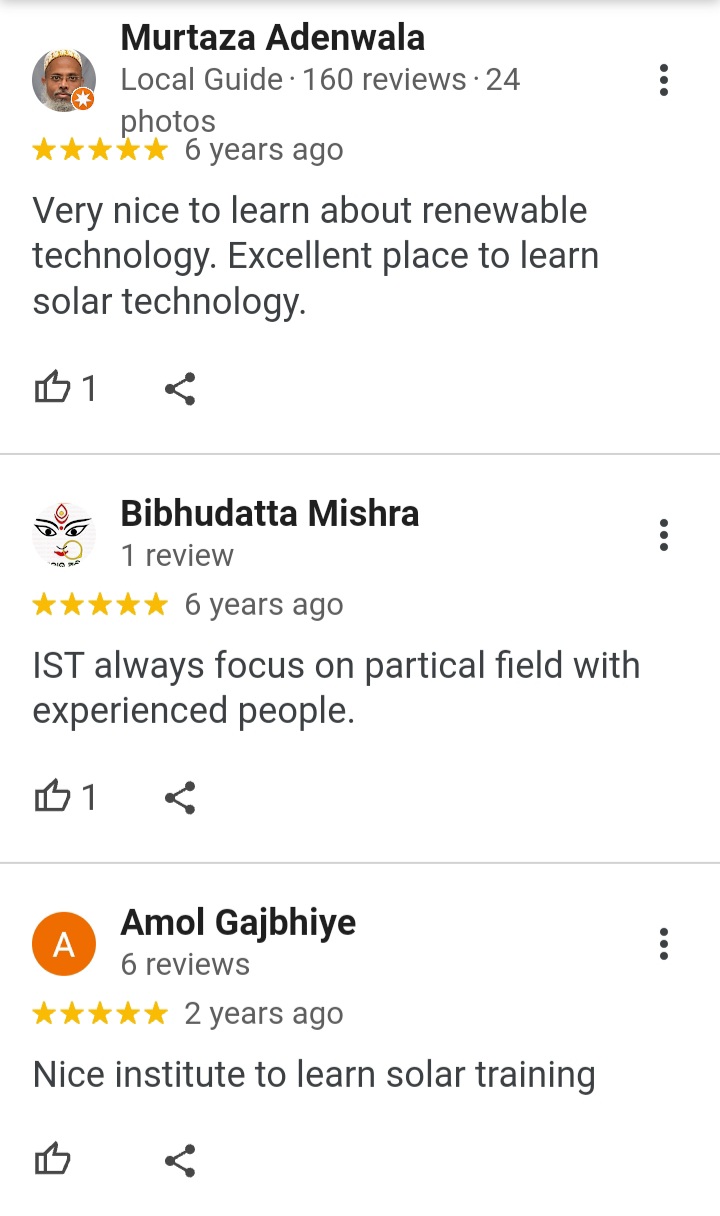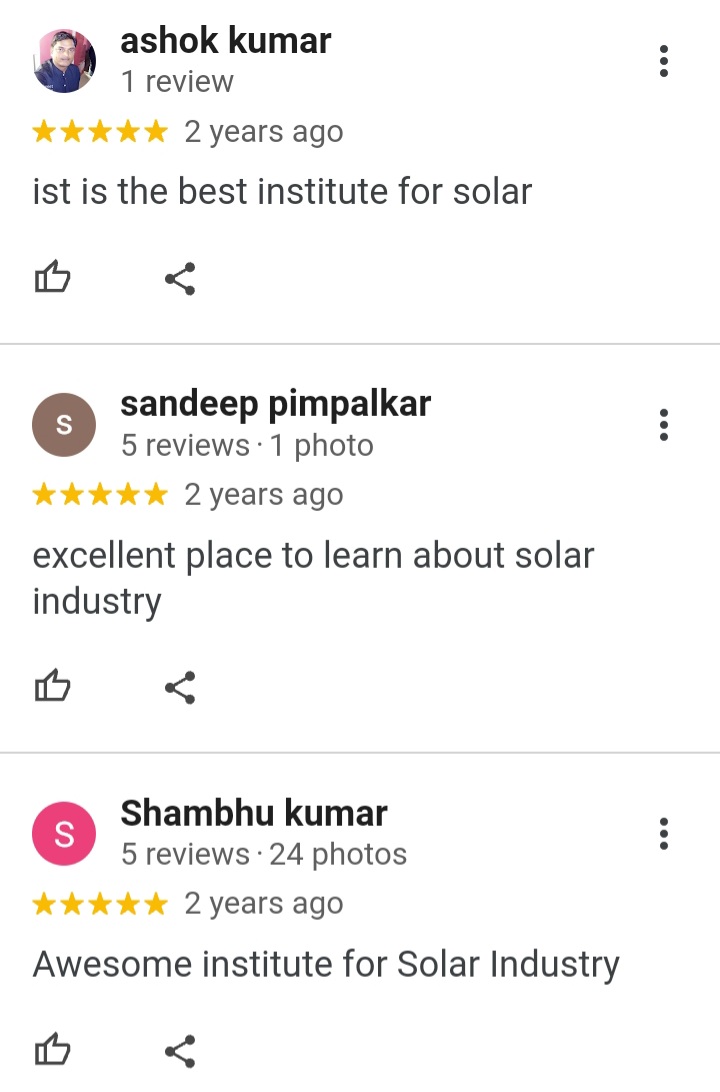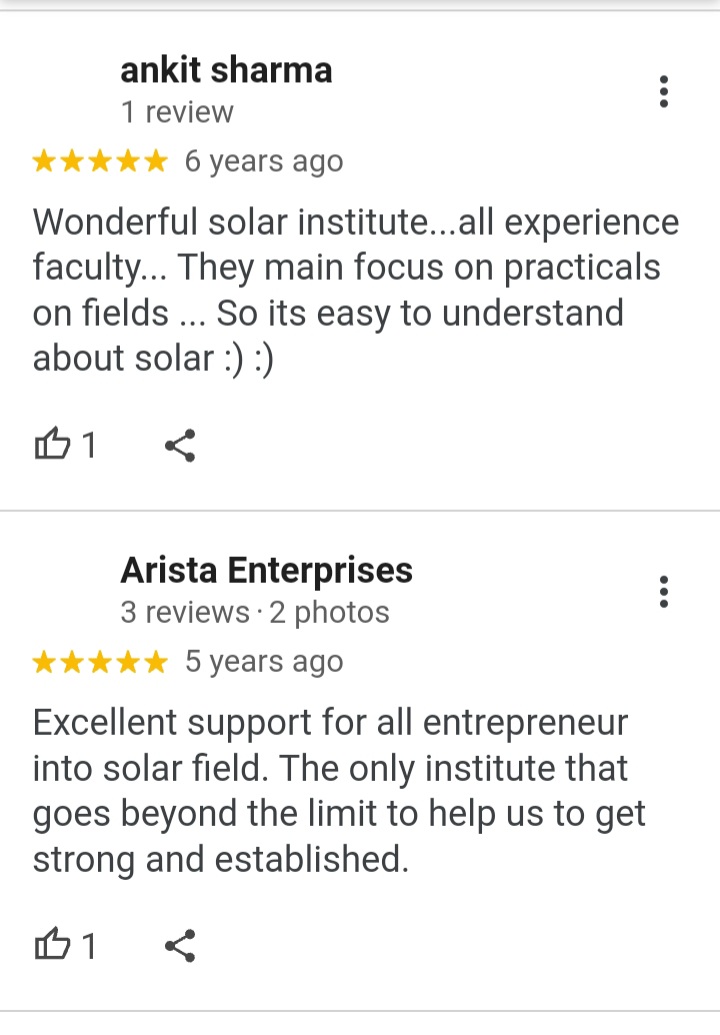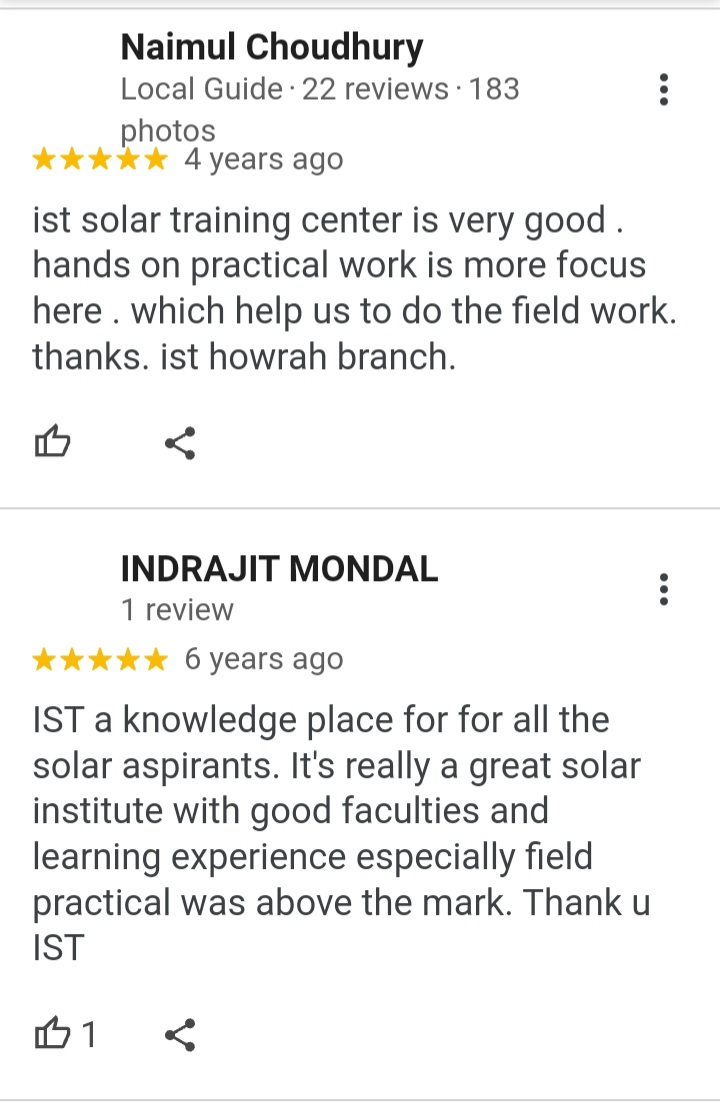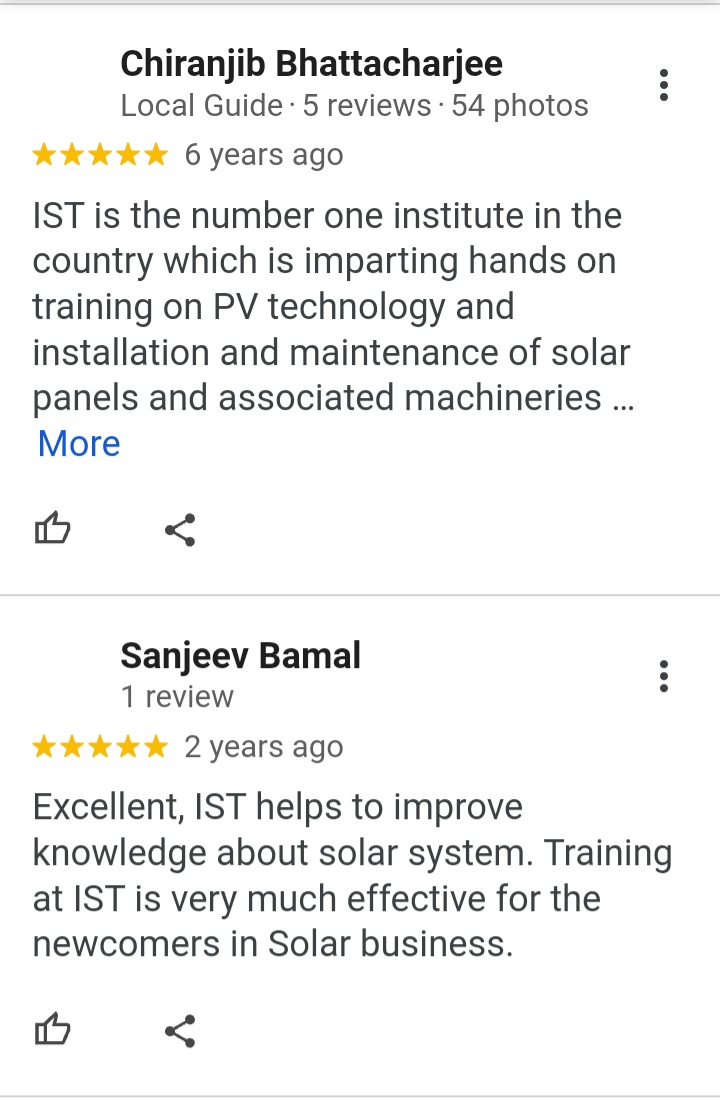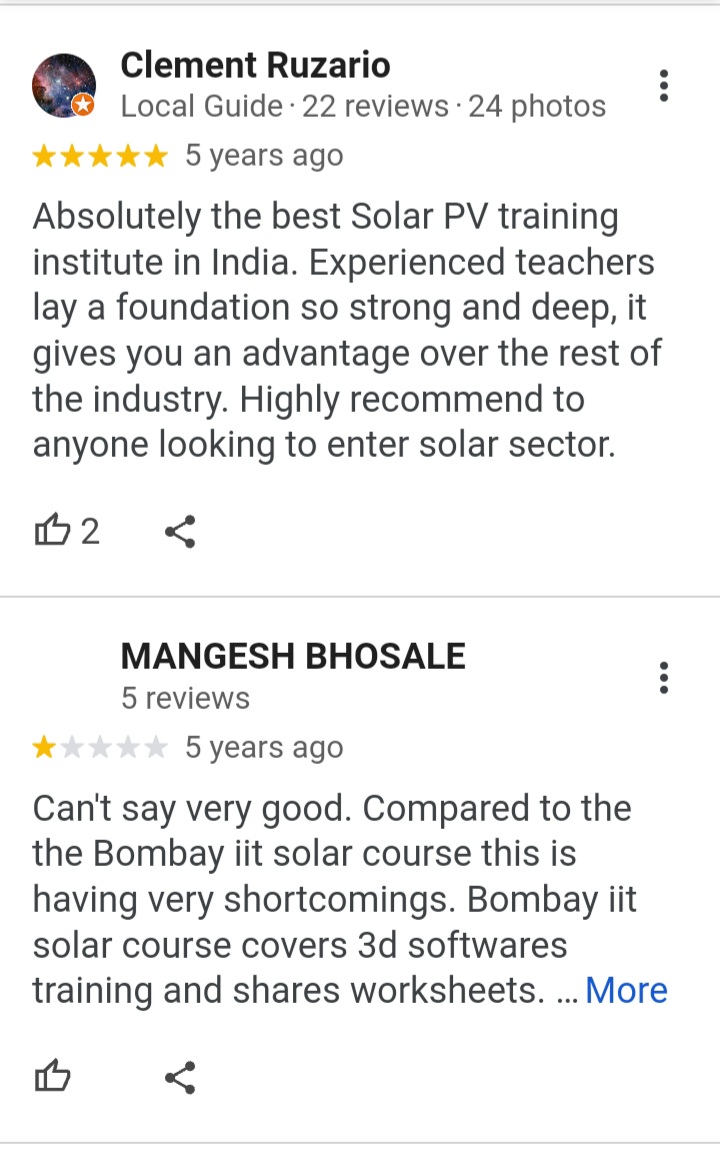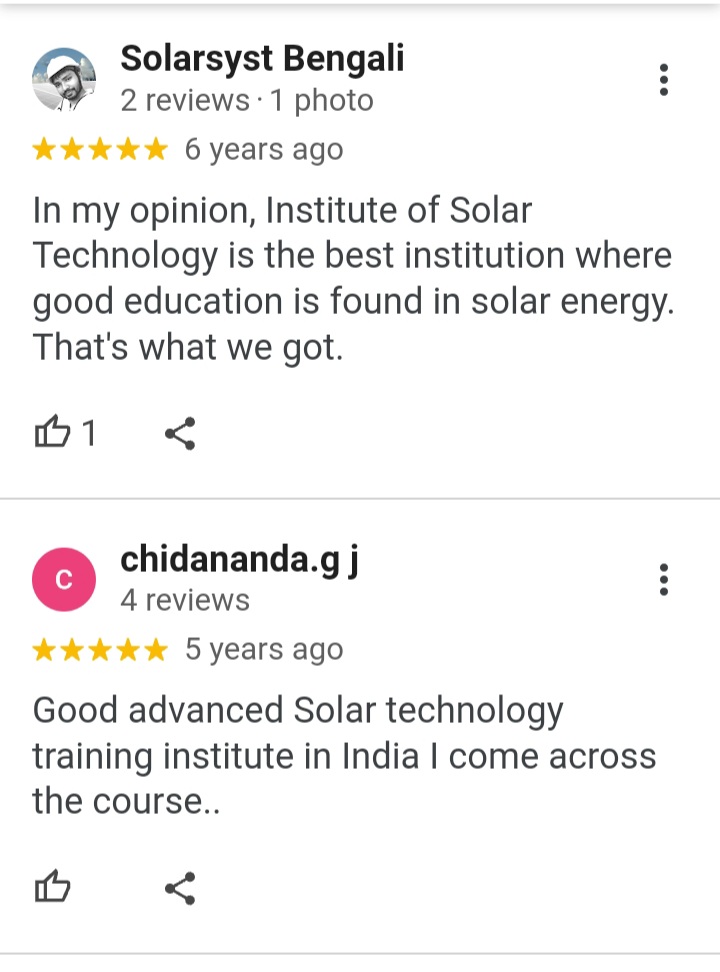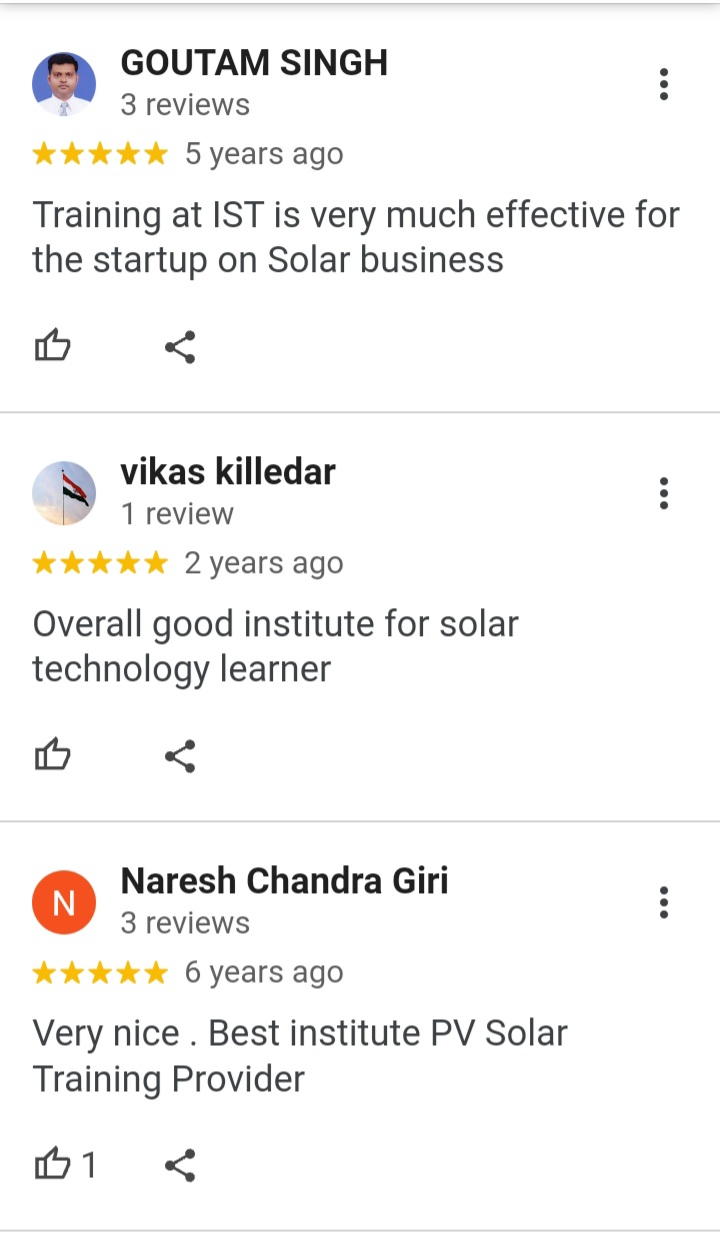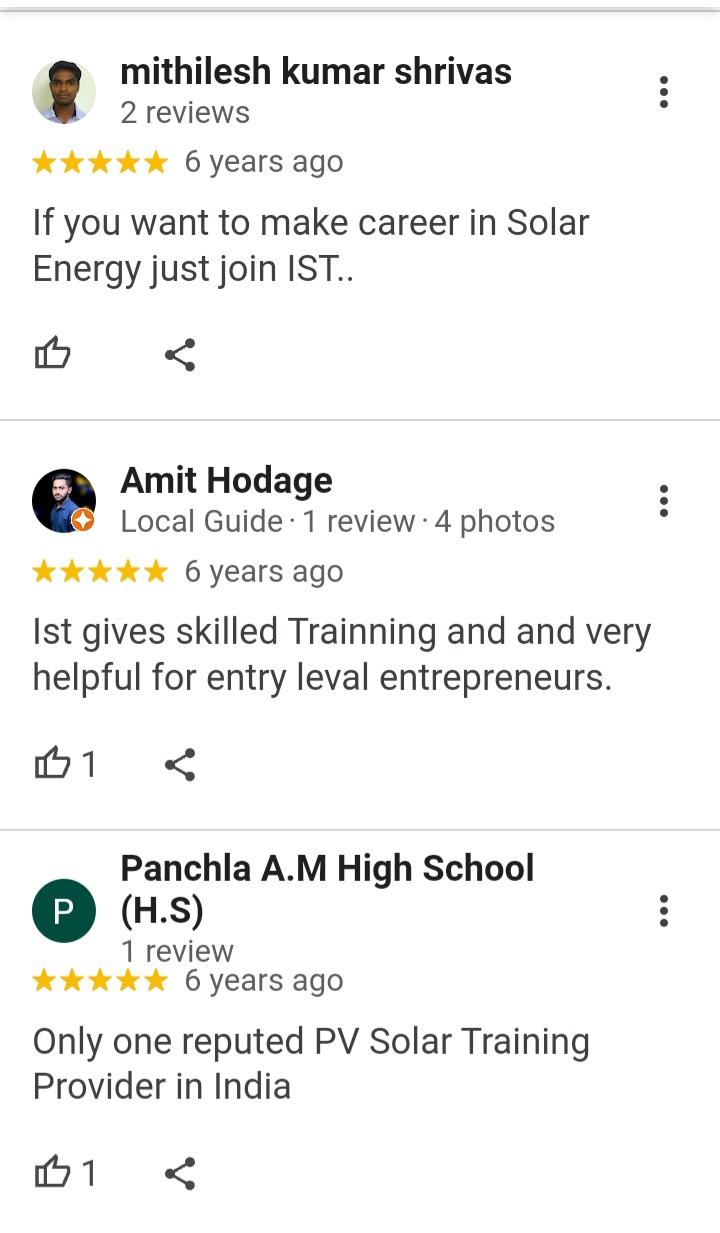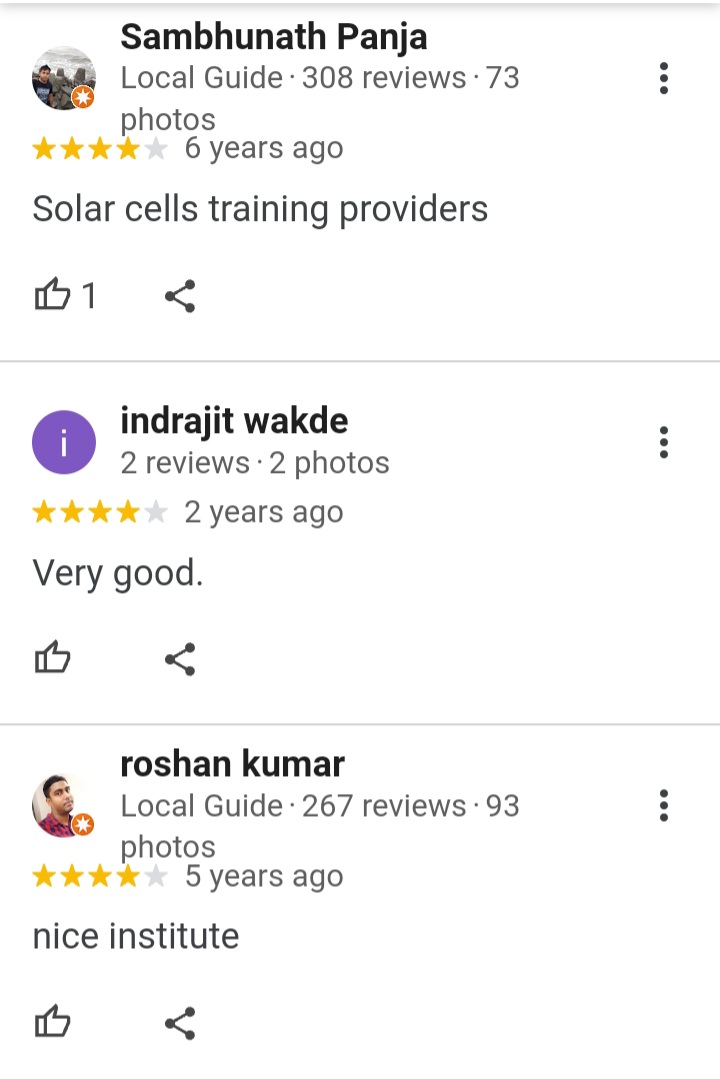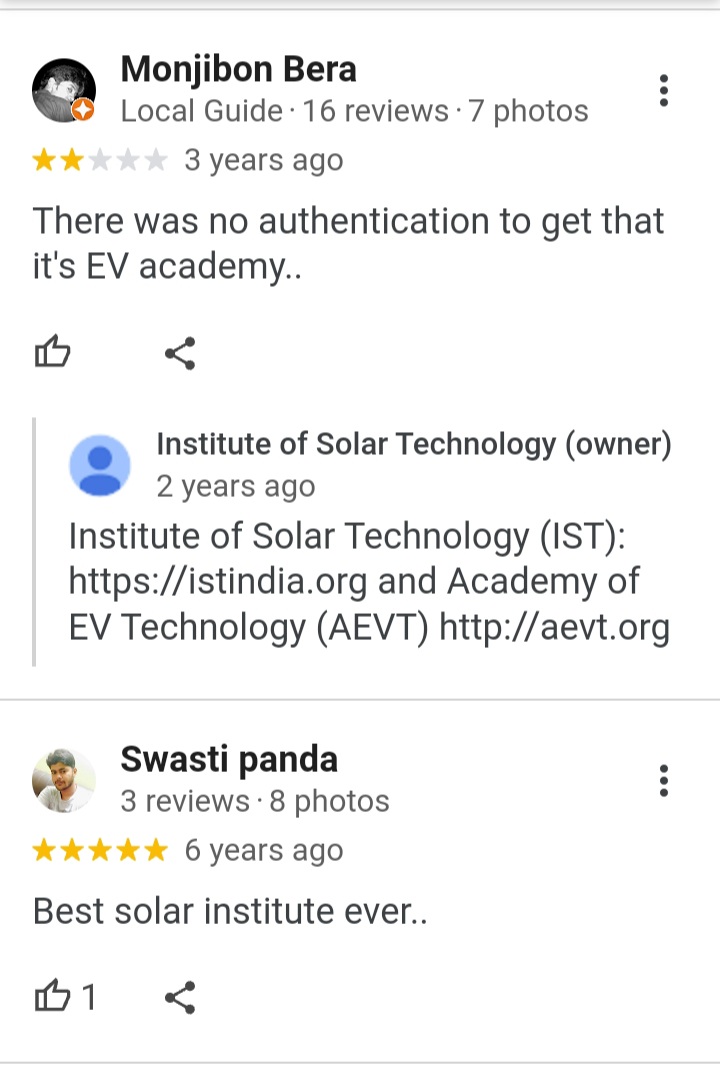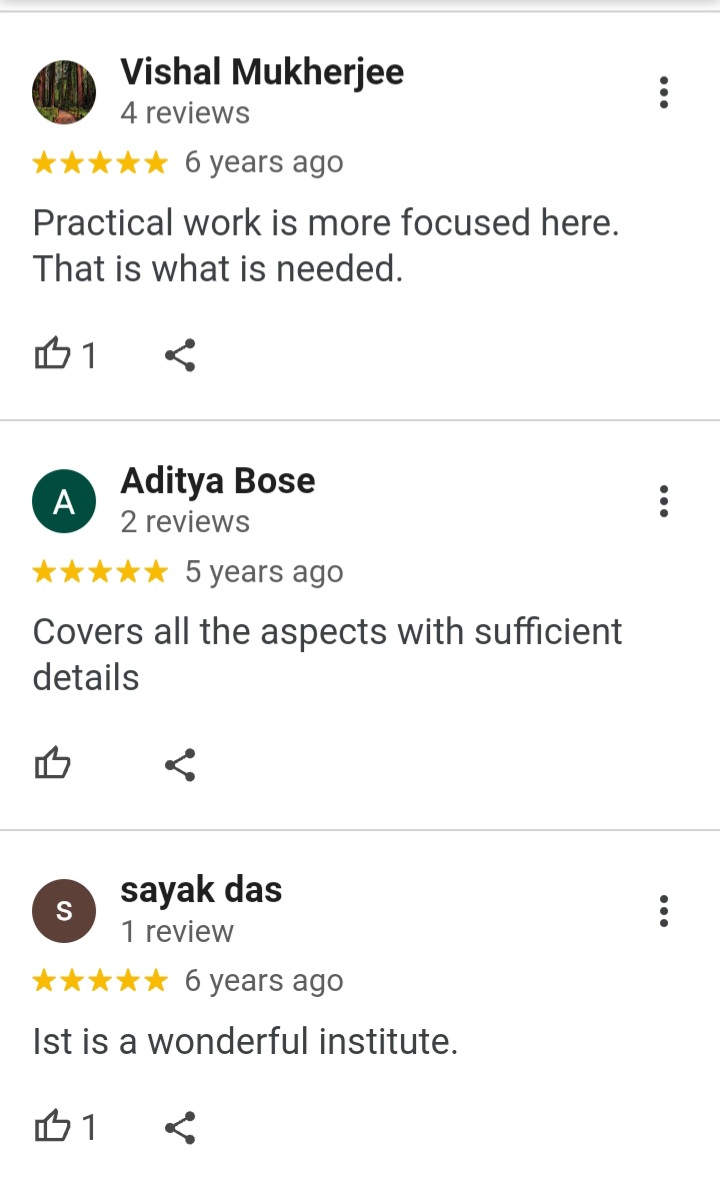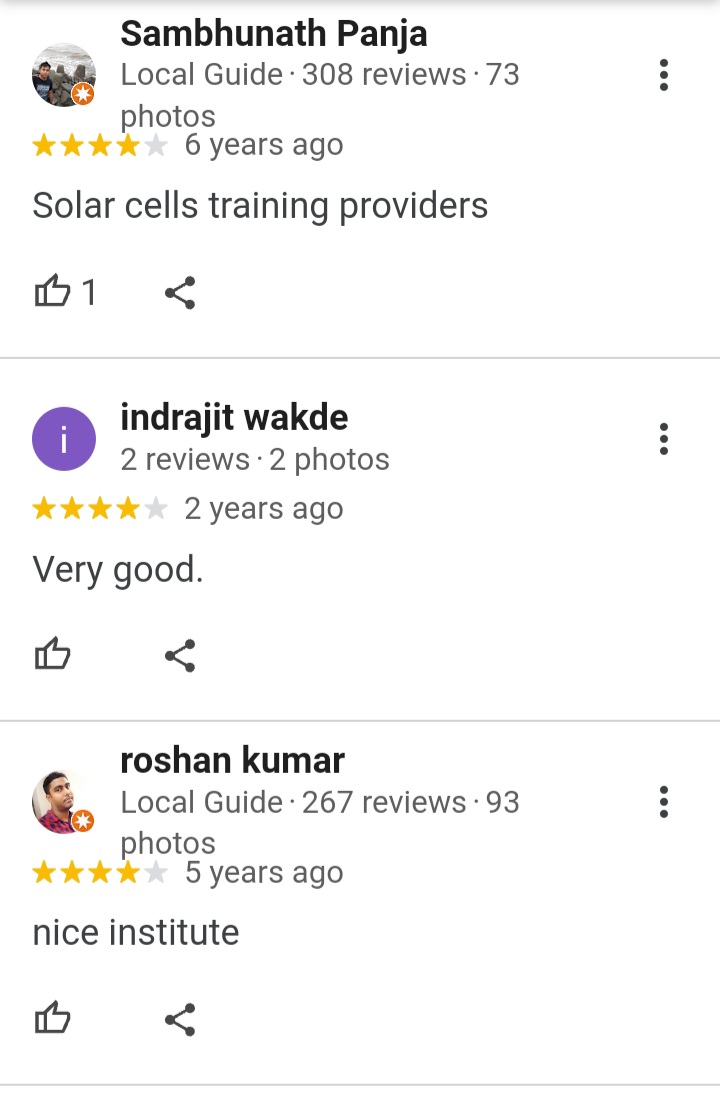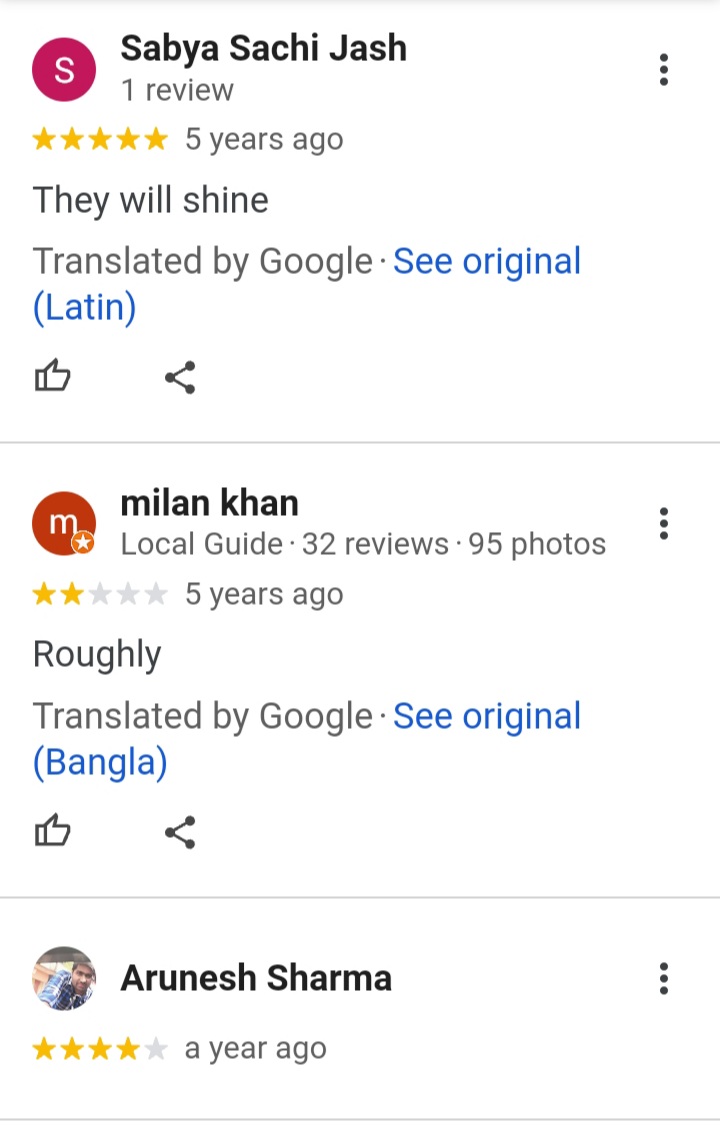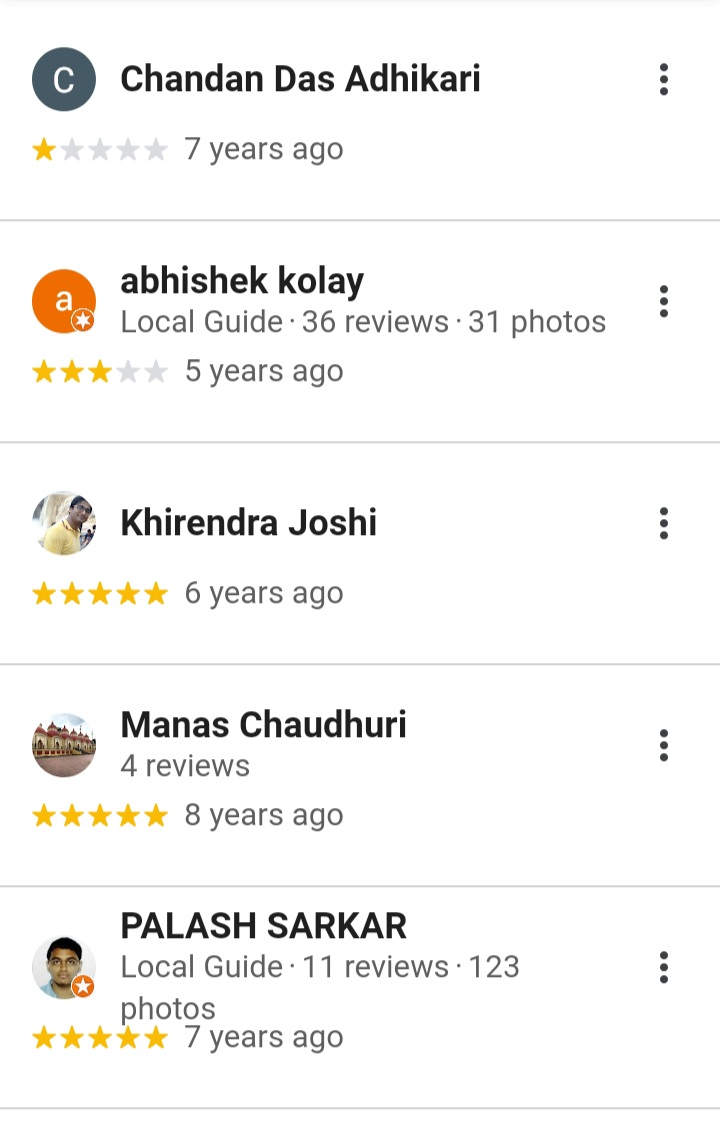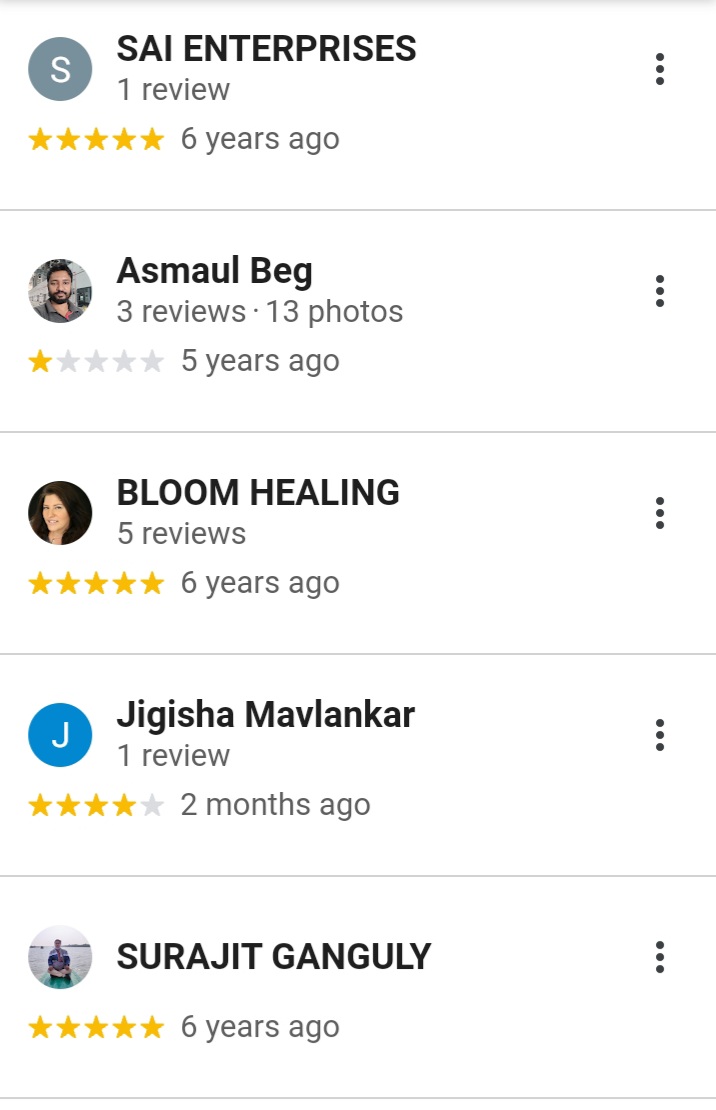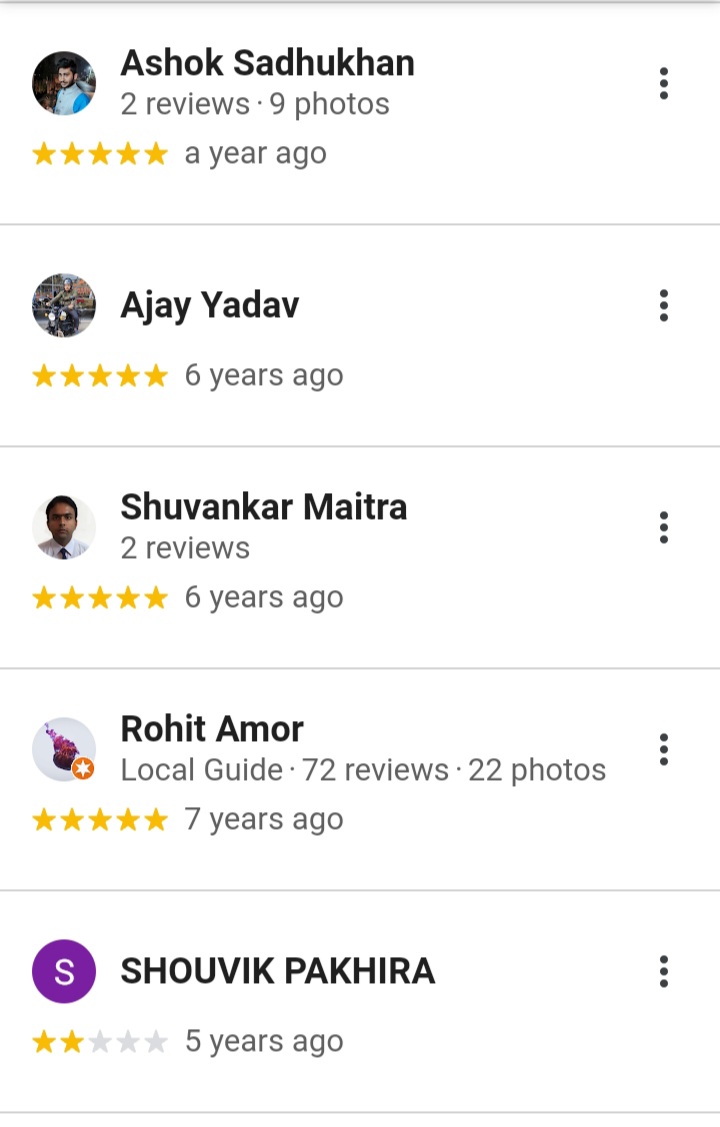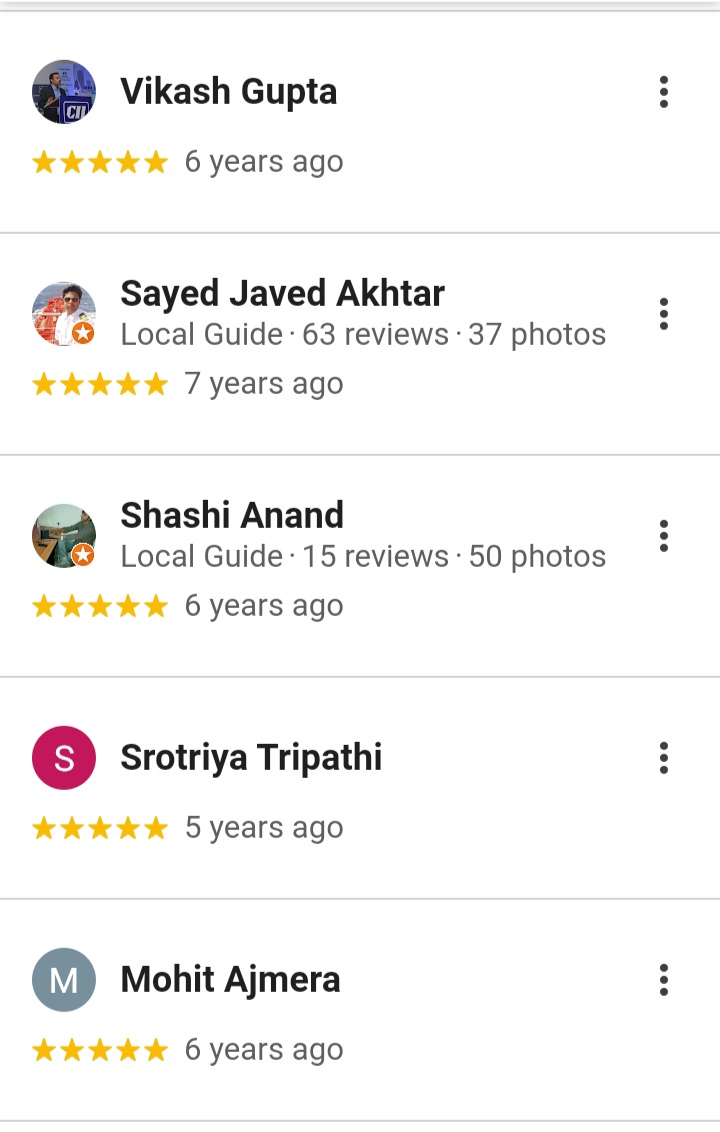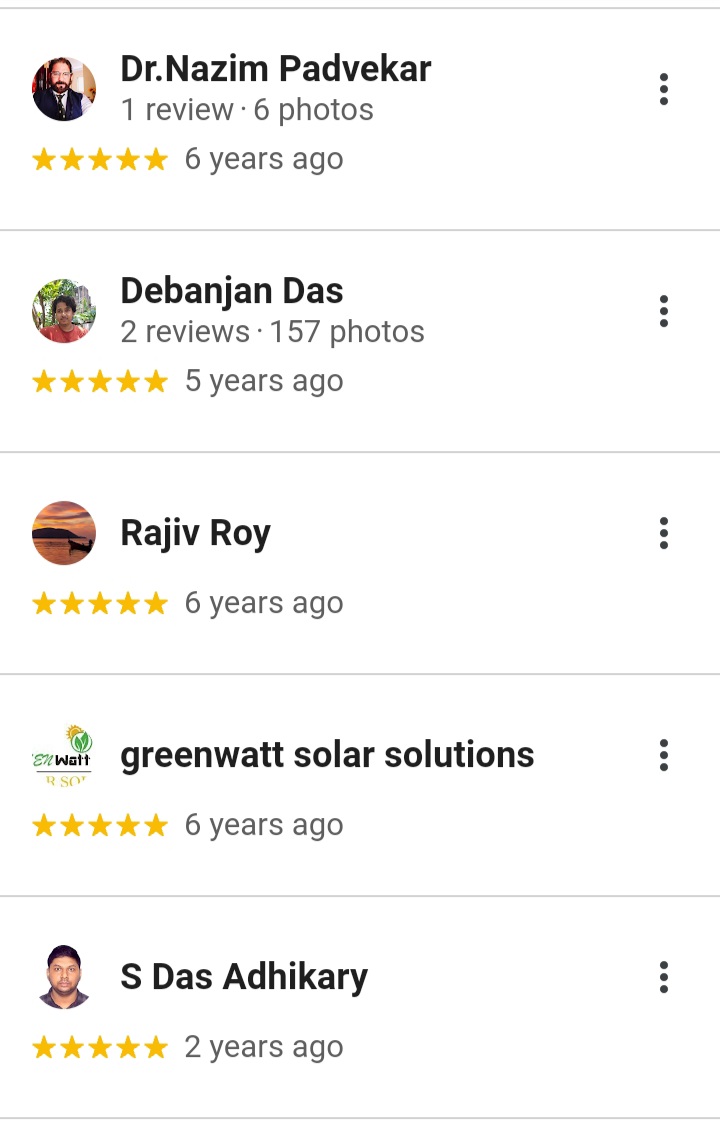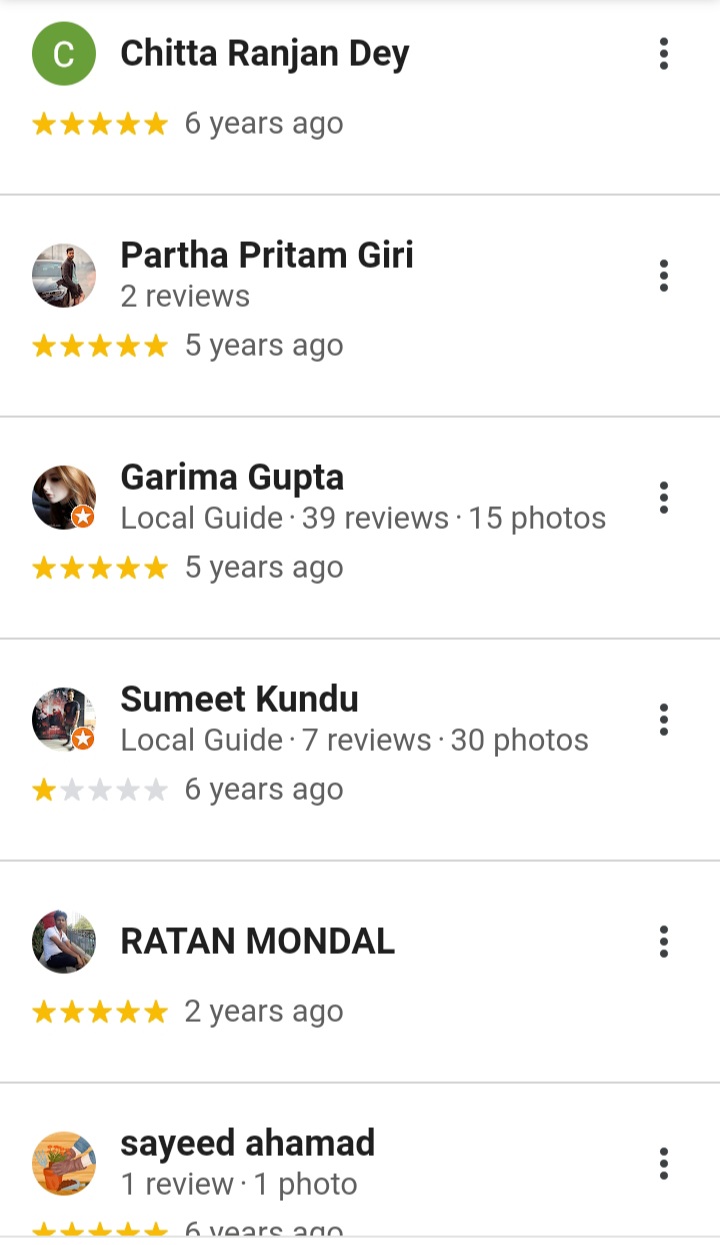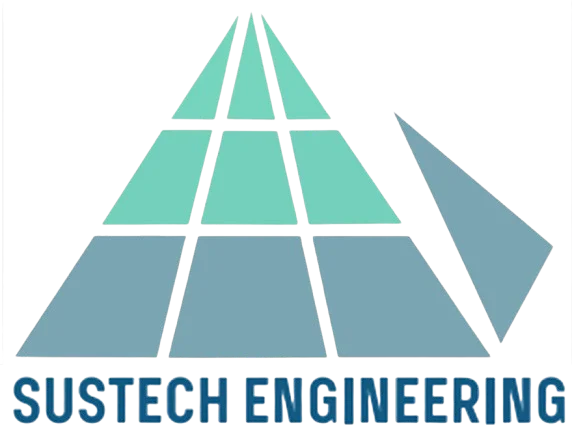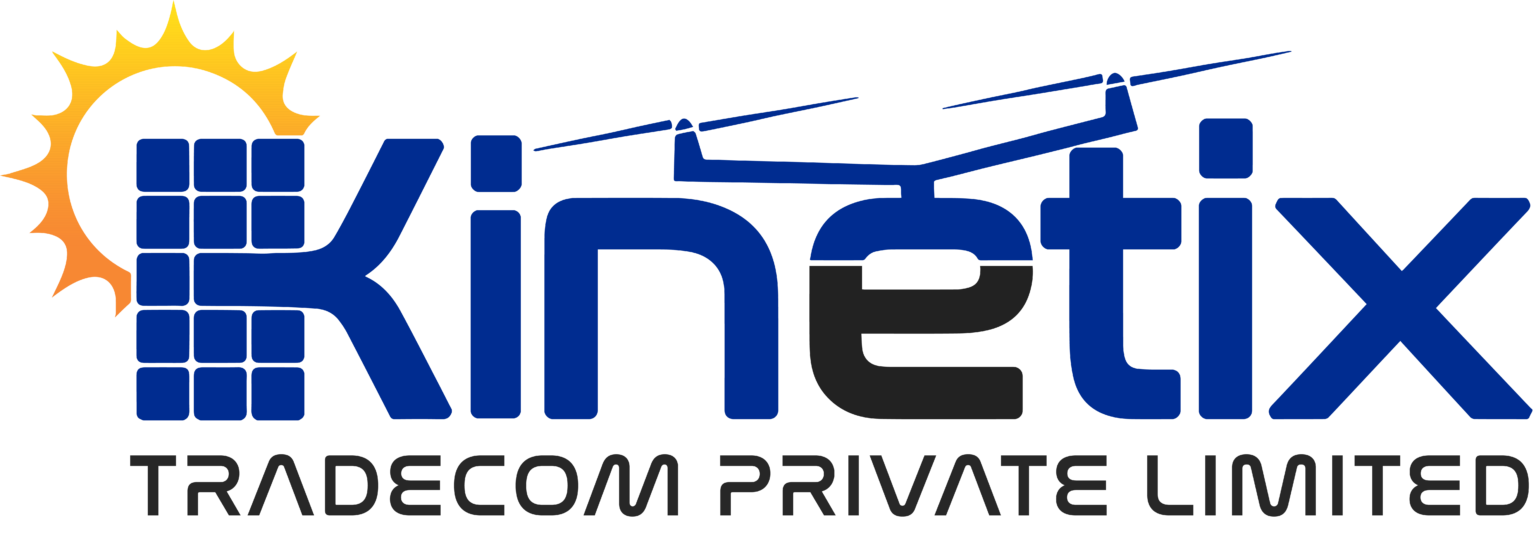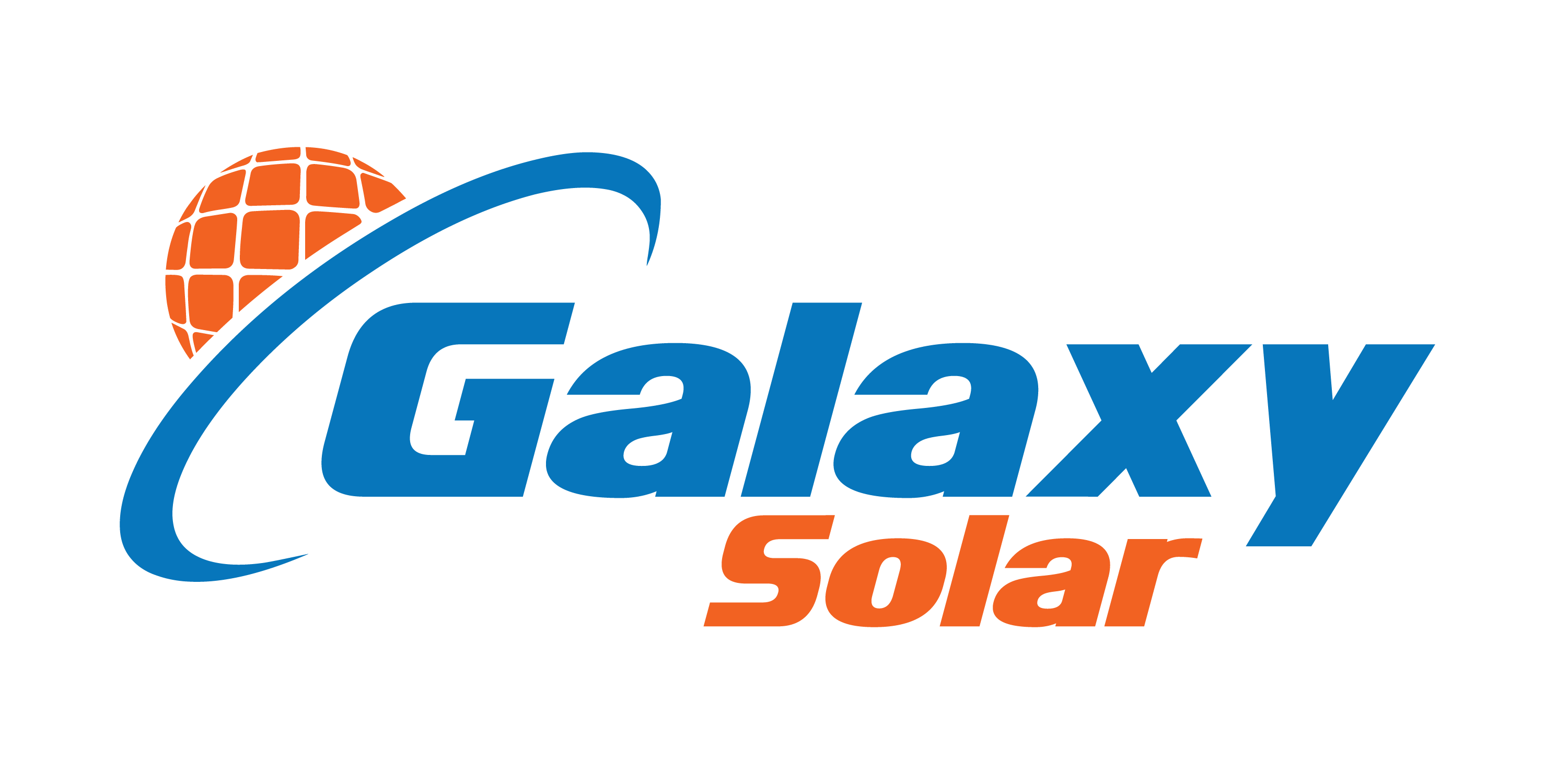Search IST Courses
Find PV Solar and Lithium-ion Battery course near by you
Similar Search results: Government Subsidies For Solar Panels In Domestic Homes
Similarity search results are visible in the form of an analysis of saved visitor search keywords and a Google Console update. Search result listed bellow. To know more, go to Home Page
Institute of Solar Technology (IST) an autonomous body for startups in solar energy training, have a milestone with 12 years of experience in Entrepreneurship Business Development, a long history of operation. Institute was founded in 2012, Indian oldest institute. To know more look "About Us" section.
BiFacial Photovoltaic
Bifacial solar modules 2022
Abstract
Bifacial solar modules offer many advantages over traditional solar panels. Power can be produced from both sides of a bifacial module, increasing total energy generation.
Bifacial modules produce solar power from both sides of the panel. Whereas traditional opaque-backsheeted panels are monofacial, bifacial modules expose both the front and backside of the solar cells.
Some bifacial module manufacturers claim up to a 30% increase in production just from the extra power generated from the rear.
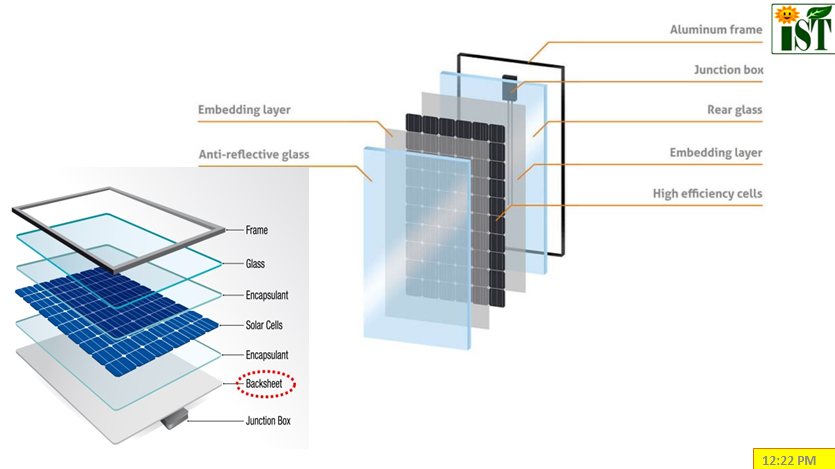
Keywords:
bifacial photovoltaic panels, bifacial photovoltaic cell, bifacial photovoltaic panels field, bifacial photovoltaic thermal, hjt bifacial photovoltaic panels, electrical characterization method for bifacial photovoltaic modules, bifacial solar photovoltaic, bifacial solar panels meaning, bifacial solar panels benefits, bifacial solar panel dimensions, bifacial photovoltaics technology applications and economics, bifacial photovoltaics, bifacial solar photovoltaics, pv paper, pv news, solar pv magazine, bifacial solar photovoltaics, panasonic evervolt solar panel price, panasonic 410w solar panel,
Summery
Bifacial Solar Panels Market research report 2022 offers major opportunities, market dynamics, upcoming technologies and challenges of the industry has been analysed in the report.
This market study covers the global and regional market with an in-depth analysis of the overall growth prospects in the market. Furthermore, it sheds light on the comprehensive competitive landscape of the global market.
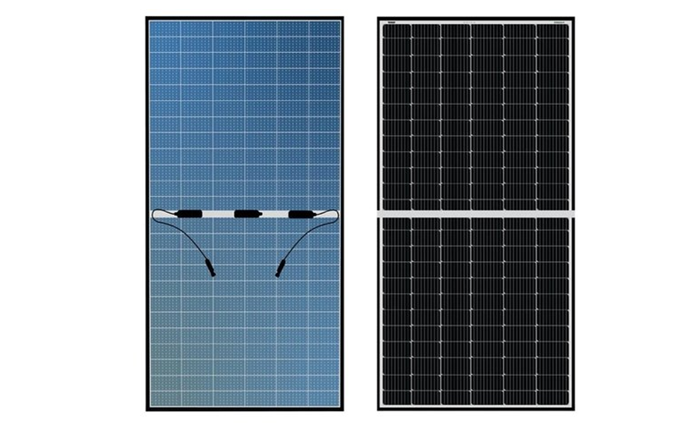
Fewer bifacial solar panels can reliably generate the same degree of solar power as a typical mono-facial solar array. Being 11-12% more efficient, bifacial panels can reduce the LCOE(Levelized Cost of Energy) by increasing the total energy generation of similar-sized projects.
Besides higher performance, bifacial panels also overcome the limitation of high temperatures. Their glass composition channels lower working temperatures without the heat-absorbing aluminum backing of mono-facial panels.
Even with higher total upfront costs, the added cost of the panels is less than 10%, as per the NREL research. To weigh the financial merits of single-sided versus bifacial modules, the effective leveled cost of electricity should be applied as the deciding metric aside from the rupee‑per‑peak‑watt cost of respective modules.
Solar Project Design Master Course (Rooftop and Large solar system)
 Huge job opportunity Solar Design engineer job
Huge job opportunity Solar Design engineer job
Search Solar Design Engineer Job
For working professionals, early morning or night class slot available
Key Skills for Solar Power Plant Design: Understanding Solar Technologies, Site Selection and Layout, Shading Analysis, System Design, Component Selection, Electrical Design, Grid Integration, Performance Analysis, Project Management, Financial and Economic Analysis, Regulations and Standards and Case studies.
Admission going on for 3rd Batch of Mar - 2026
PV Technology & Business Management - Business Course (Online)
(Rooftop and Large solar system)

For working professionals, early morning or night class slot available
Learn about Public, Commercial and Industry Sector solar rooftop project – availability, requirement, benefits and business opportunities.
Admission going on for Mar - 2026
Rooftop Hybrid Solar Simulation Software RHS Version-11.12
Rooftop Hybrid solar simulation software helps design and analyze systems. These tools assess generation, losses, storage integration, LCOE, and ROI, streamlining complex project planning for efficiency and profitability.
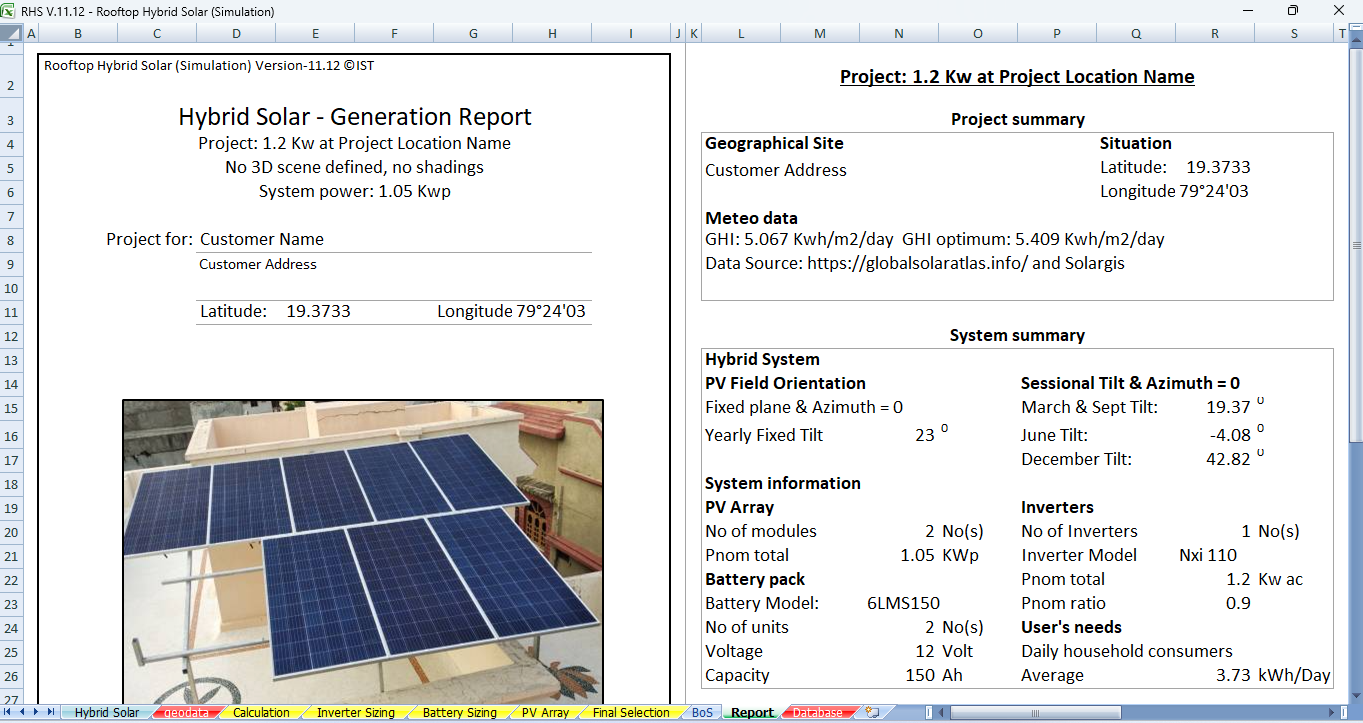
2023-24 Schemes related to Solar energy - Government of India
Solar Rooftop Program
| Objective | To achieve a cumulative installed capacity of 40,000 MW from Grid Connected Rooftop Solar (RTS) projects. |
| Period of existing Phase-II scheme | Till 31.03.2026 |
| Salient Features |
Central Financial Assistance (CFA)/Subsidy is provided to the residential electricity consumers under Component-A and incentives are provided to DISCOMs under Component-B of this programme. To avail CFA a residential consumer has to apply for installation of Grid Connected Roof Top Solar (GCRTS) through any of following two mechanisms:
Component A: CFA to Residential sector - 4 GW Component B: Incentives to DISCOMs – for initial 18 GW Capacity
Admissibility of CFA for residential sector rooftop solar projects installed under Rooftop Solar Programme Phase-II (181kb PDF, 27/01/2023)
|
Pradhan Mantri Kisan Urja Suraksha (PM KUSUM)
Till 31.12.2026
| Objective |
|
| Period | Till 31.12.2026 |
| Salient Features |
|
| How to avail the financial assistance |
|
IST also provides information on free government solar training programs, such as the PM KUSUM scheme. Govt free training is not available right now at IST but will start soon!. Visit us after some days, we will update.
Here's a more detailed look at what makes IST stand out:
Practical Training:
IST focuses on providing practical, hands-on training in the solar sector. This includes training on the latest products and technologies used in solar installations.
Industry-Standard Syllabus:
The institute uses an industry-standard syllabus, ensuring that students are equipped with the knowledge and skills needed for the solar industry.
Expert Faculty:
Reviewers praise the quality of instructors and the ease with which complex topics are explained, according to the Institute of Solar Technology Advisors.
Focus on Entrepreneurship:
IST aims to empower students to become solar entrepreneurs, providing them with the knowledge and skills to start their own businesses in the solar field
Support and Resources:
IST provides resources like an e-library and round-the-clock support, fostering self-learning and development.
Alumni Success:
IST boasts a network of successful alumni who have made notable contributions to the solar industry.
Pioneer in PV Solar Technology:
IST is recognized as a leader in PV solar technology training and has been an academic partner with the national and international University
Quick Inquiry Form

Interactive Classes

Practical & Doubt Classes

E-Library Study Materials

Online Examination

